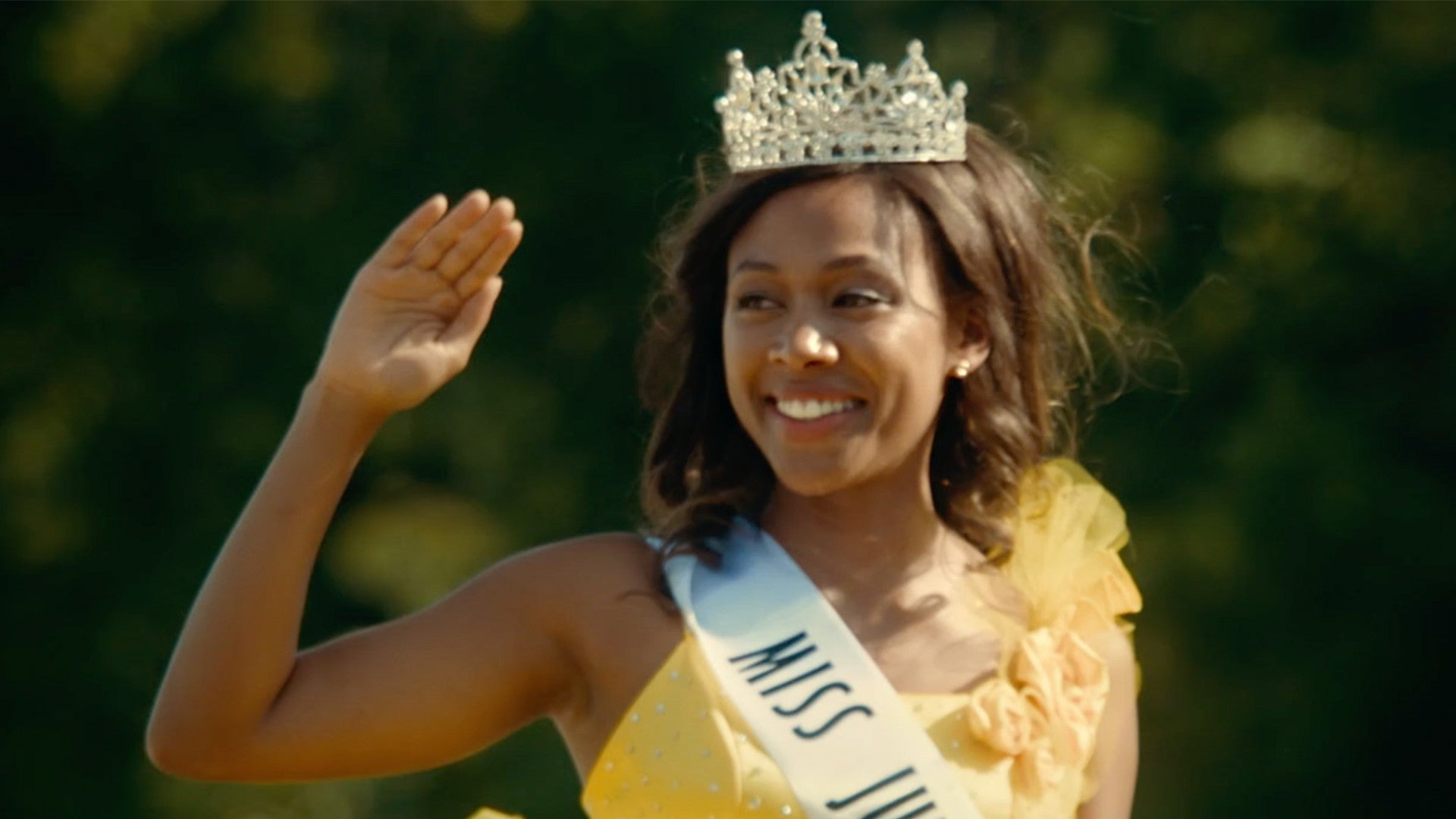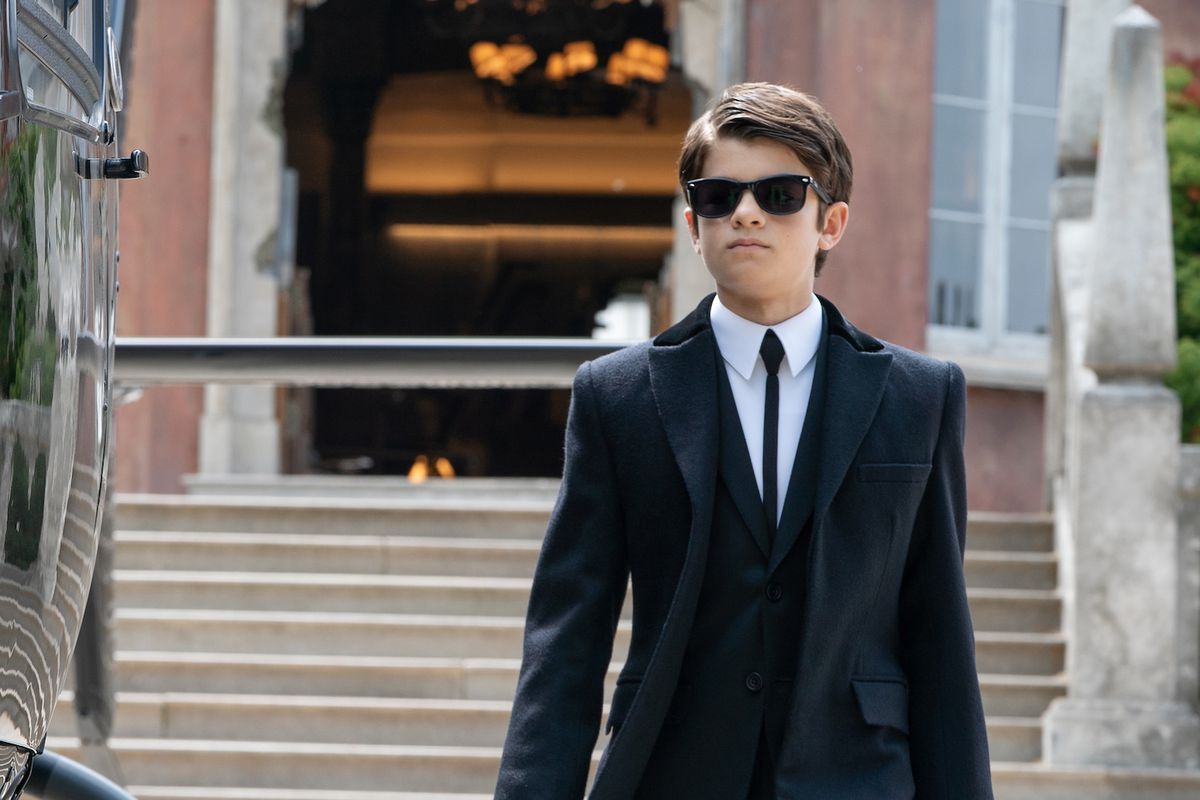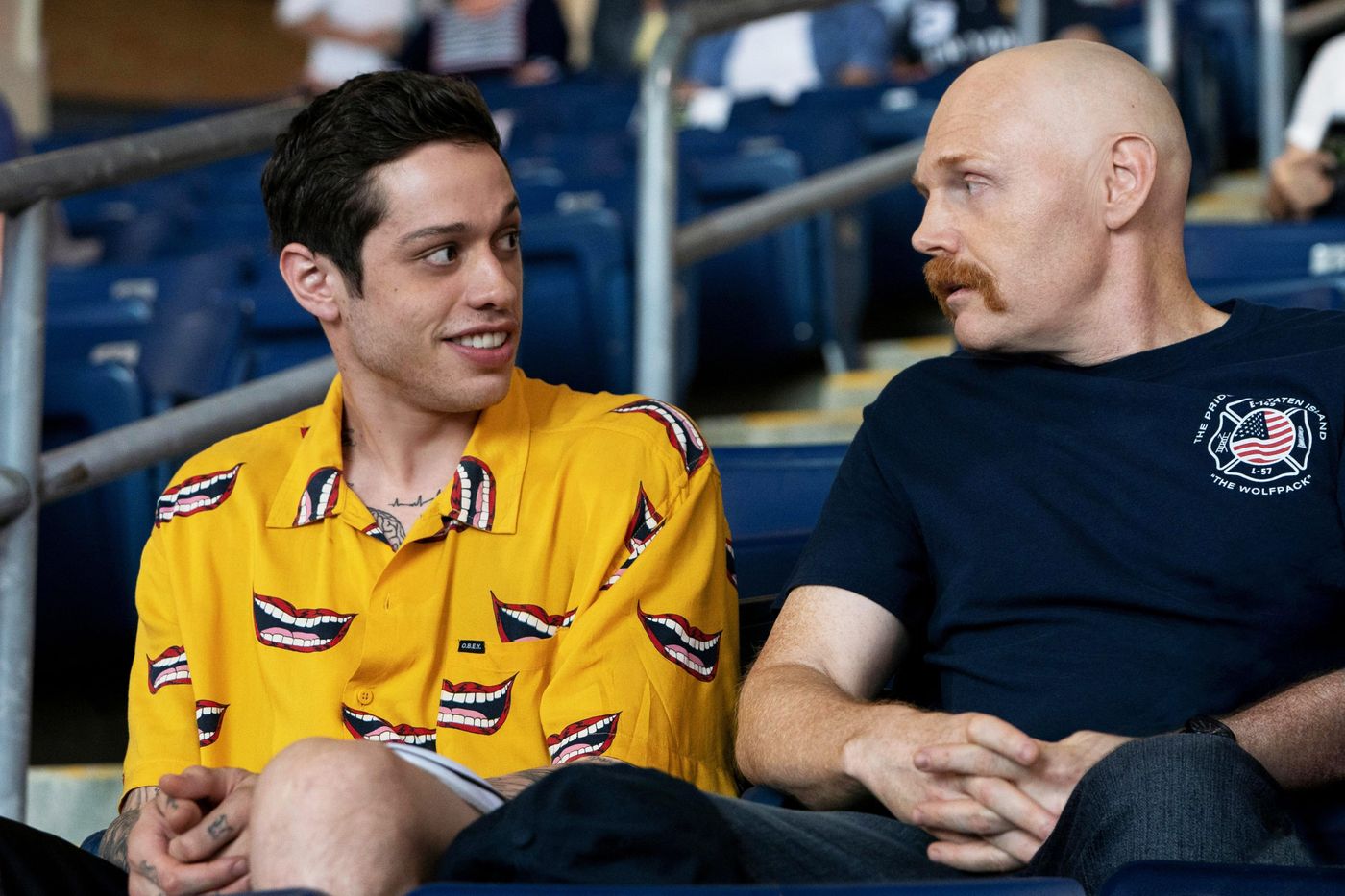Miss Juneteenth
Posted on June 18, 2020 at 3:47 pm
B +| Lowest Recommended Age: | High School |
| MPAA Rating: | Not rated |
| Profanity: | Some strong language |
| Alcohol/ Drugs: | Drug references, alcoholism |
| Violence/ Scariness: | Criminal activity |
| Diversity Issues: | A theme of the movie |
| Date Released to Theaters: | June 12, 2020 |

The Miss Juneteenth pageant is central to the Black community in the small Texas town near Fort Worth where Turquoise Jones (Beharie) works as a waitress and all-around staff in a tiny barbecue restaurant. The pageant participants are drilled on what it means to be “ladies,” and elegance, poise, graciousness, and deportment determine which girl will wear the tiara and win the scholarship. Great things are expected of the winners, and most of them have gone on to become women of achievement and contribution. “We are expecting greatness,” the head of the pageant explains in dulcet tones. They have strong ideas about what it means to be “successful young ladies” and it includes knowing the difference between a salad knife and a dinner knife. “One would surely not eat the main course with that.”
Turquoise takes her place at a pageant event in the seats reserved for former winners, who know how to use those dulcet tones and gracious words to make it clear they consider themselves superior and want her to know that. “How wonderful that you’re looking to replicate your success,” one murmurs. “It slipped my mind that you had a daughter old enough to compete,” says another one. It is never stated, but we understand that the reason Turquoise’s path toward greatness was sidetracked was her pregnancy with Kai (Alexis Chikaeze), now almost 15. Turquoise is determined that Kai will win the crown and go on to college with the scholarship money.
But teenagers have their own ideas about what success means. Kai checks her phone during the inspirational opening remarks about the pageant. She does not want to memorize the Maya Angelou poem her mother read as her talent when she competed. Turquoise gets little support from Kai’s father (Kendrick Sampson as Ronnie) and none from her own mother, who says, “You won that thing. What good did it do you?”
First-time feature writer/director Channing Godfrey Peoples creates an exceptionally evocative sense of place and community in this film. We really believe the deep and complicated history of this group of people. Beharie shows us that pushing Kai is as much about a second chance for herself as it is about Kai, and that she is bringing that same sense of determination that won her the crown to make it happen. Even the smallest parts are layered, sympathetically portrayed, and real, especially Sampson’s Ronnie and Lori Hayes as Turquoise’s mother. The issue of “success” defined as emulating upper-class white traditions and of the eternal struggle of parents to provide guidance to adolescents while allowing them to be themselves are explored with delicacy. The heart of the film in every way is Beharie, who makes Turquoise every bit the phenomenal woman her pageant poem describes.
Parents should know that this film has some strong language, family conflict, alcoholism, criminal activity, struggles with money, sexual references and non-explicit situations.
Family discussion: Why was the pageant so important to Turquoise? What did she learn about herself? About Kai?
If you like this, try: “Miss Firecracker” and “American Violet”










